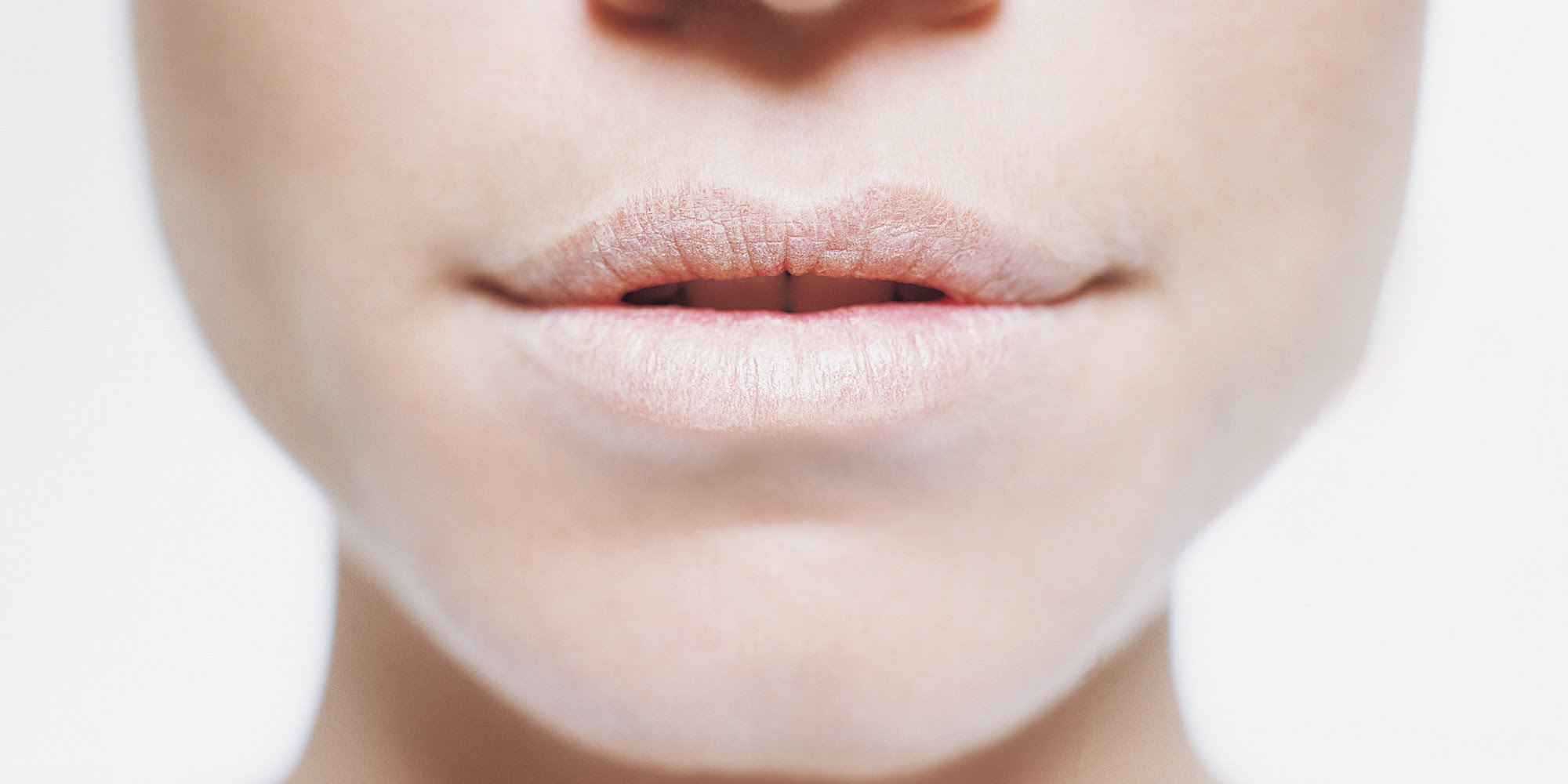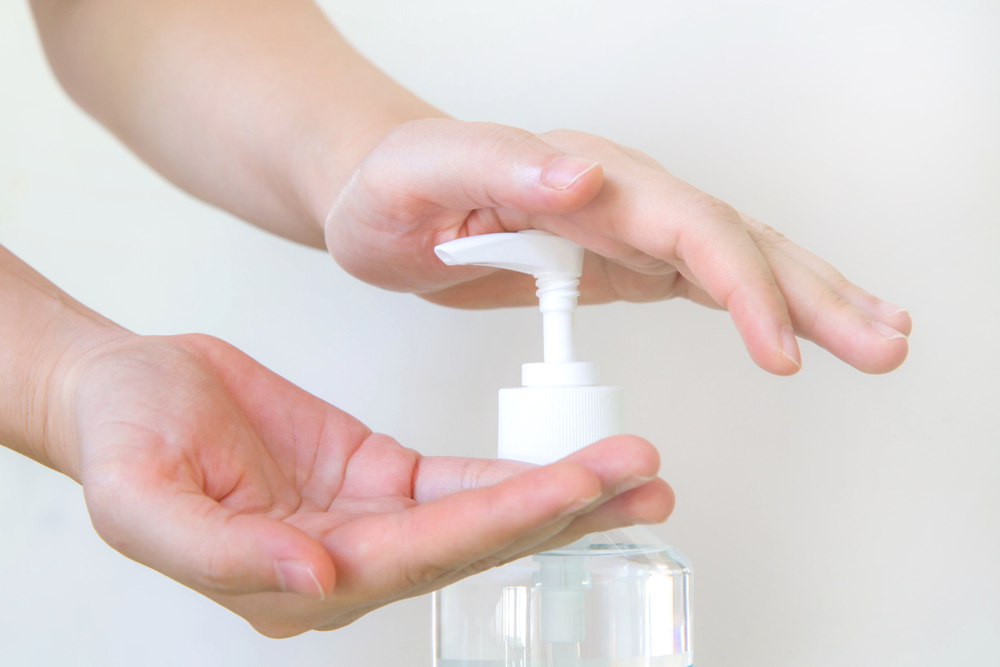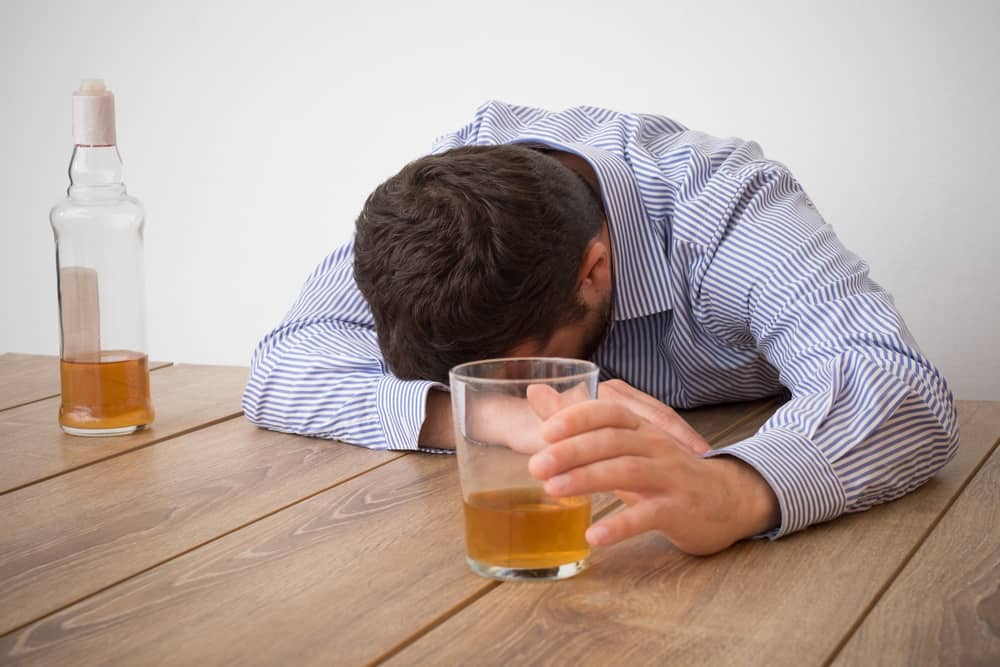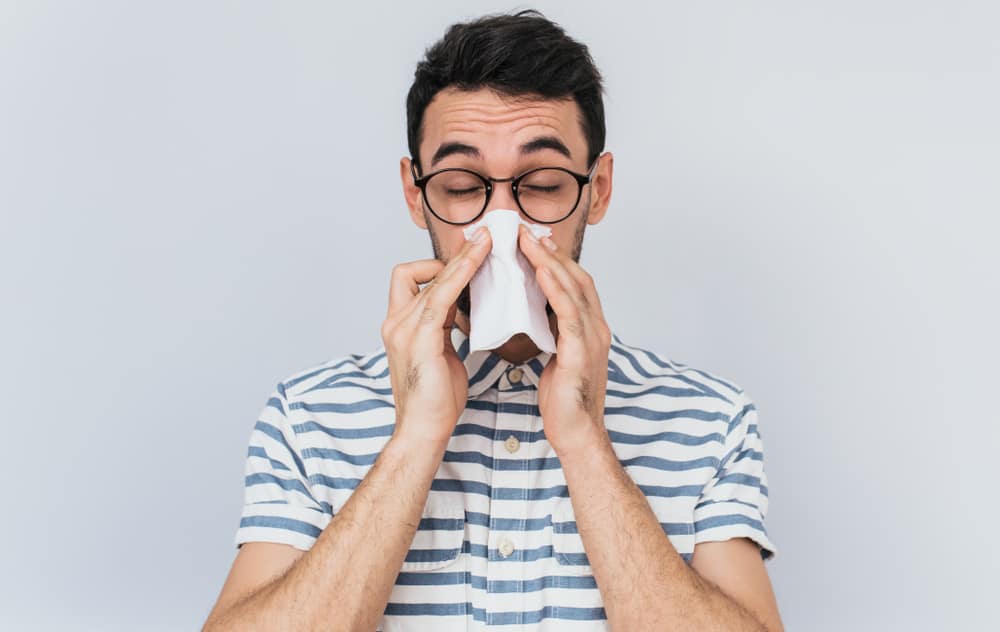Contents:
- Medical Video: Dry Mouth - Causes, Symptoms, Treatments & More…
- What is sialadenitis?
- Causes and risk factors for sialadenitis
- Why does dry mouth increase the risk of sialadenitis?
- Symptoms of sialadenitis
- How is this disease diagnosed?
- How is the treatment and prevention?
Medical Video: Dry Mouth - Causes, Symptoms, Treatments & More…
Dry mouth conditions due to dehydration can adversely affect the salivary glands in the mouth and become a factor in the increase in diseases that attack the salivary glands. One of them is an infection of the salivary gland or sialadenitis. Why is that and is this dangerous? Come on, see the following review.
What is sialadenitis?
Sialadenitis is an infection that attacks one of the main salivary glands, the submandibular gland. This disease can be grouped into two types, namely acute sialadenitis (short term) and chronic sialadenitis (long term) that often occurs in adults. However, babies who are one week after birth can also get this disease.
Causes and risk factors for sialadenitis
Acute sialadenitis results from bacteria Staphylococcus aureus and various bacteria Streptococcal strains. Whereas in chronic sialadentitis it is more likely caused by blockage than infection. The blockage occurs due to a mixture of salt, protein and calcium carbonate that crystallizes (salivary calculus). If it continues to get worse it will cause a decrease in the flow of saliva and chronic inflammation and can affect other salivary glands, namely parotid.
In addition, dehydration and dry mouth conditions are the main risk factors that cause sialadenitis. Therefore, this condition is more common in individuals who are already sick or using drugs that cause dry mouth. There are several medical conditions that can also increase the risk of sialadenitis, such as:
- Diabetes mellitus
- Hypothyroidism
- Sjorgen's syndrome
- History of oral or oral radiation treatment
Why does dry mouth increase the risk of sialadenitis?
Saliva is important for lubricating the mouth, helps swallow, protects your teeth from bacteria, and helps digestion of food. If you are dehydrated, automatically the condition of your mouth will become dry and the salivary glands will also decrease in producing saliva.
Without saliva, bacteria found in saliva glands accumulate and can cause infection. Therefore, dehydration that causes dry mouth can be a factor in the increased risk of sialadenitis.
Symptoms of sialadenitis
Symptoms of acute sialadentitis can include:
- Pain and swelling in the affected gland, usually under the chin
- There is a soft lump above the affected gland and looks reddish
- If the area of the gland is rubbed can remove pus (abscess)
- Fever or chills
Symptoms of chronic sialadentitis can include:
- Pain in the part of the gland that is subjected to eating
- Swelling can occur but can deflate
- Pain when pressed
How is this disease diagnosed?
Reporting from Verywell.com, the diagnosis of acute sialadentitis can be done by looking at medical history, symptoms that appear, and doctor's examination. If your doctor can get pus samples from the affected gland, the sample can be sent to the laboratory to find out the cause of the infection. This information is useful in determining the best treatment.
Chronic sialadentitis is diagnosed in a manner similar to acute sialadentitis, but further emphasis must be made. Ultrasound imaging or CT scans may help. Also when tested by a doctor if the gland affected by the massage usually will not produce any saliva.
How is the treatment and prevention?
For the treatment of sialadenitis the doctor may prescribe antibiotics. At home, you can also compress the skin over the gland with warm water then massage it slowly. In the case of chronic sialadenitis, surgery can be performed, namely lifting the salivary calculus.
Restoring the proper flow of saliva is also very important in the treatment of acute sialadentitis. This is best achieved by drinking lots of fluids, and eating, drinking, or sucking things that stimulate the flow of saliva, such as throat lozenges or cough drops.
If you are sick and use drugs that cause dry mouth, you need to talk to your doctor to replace different drugs or other ways you can do to deal with these side effects.












